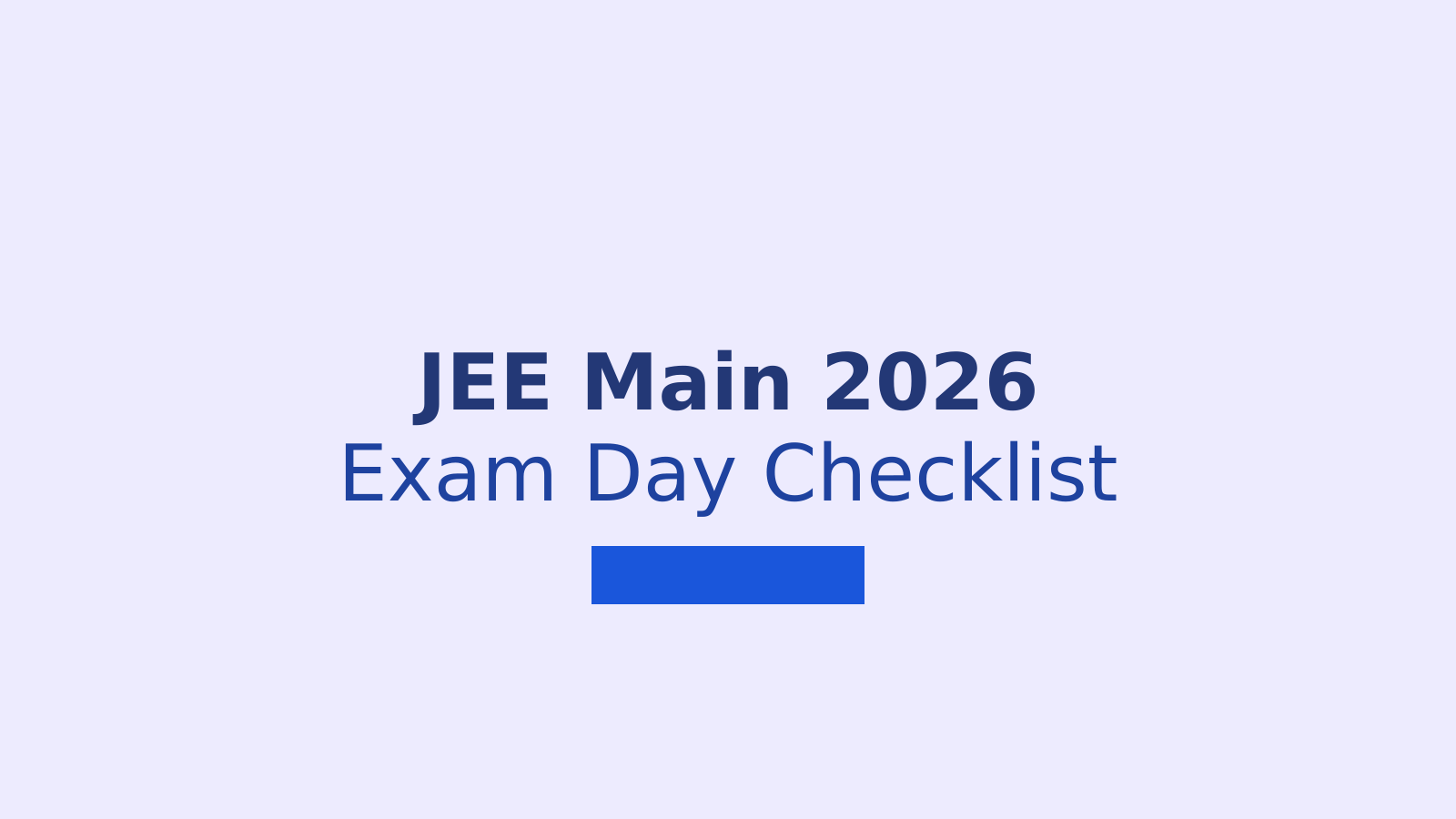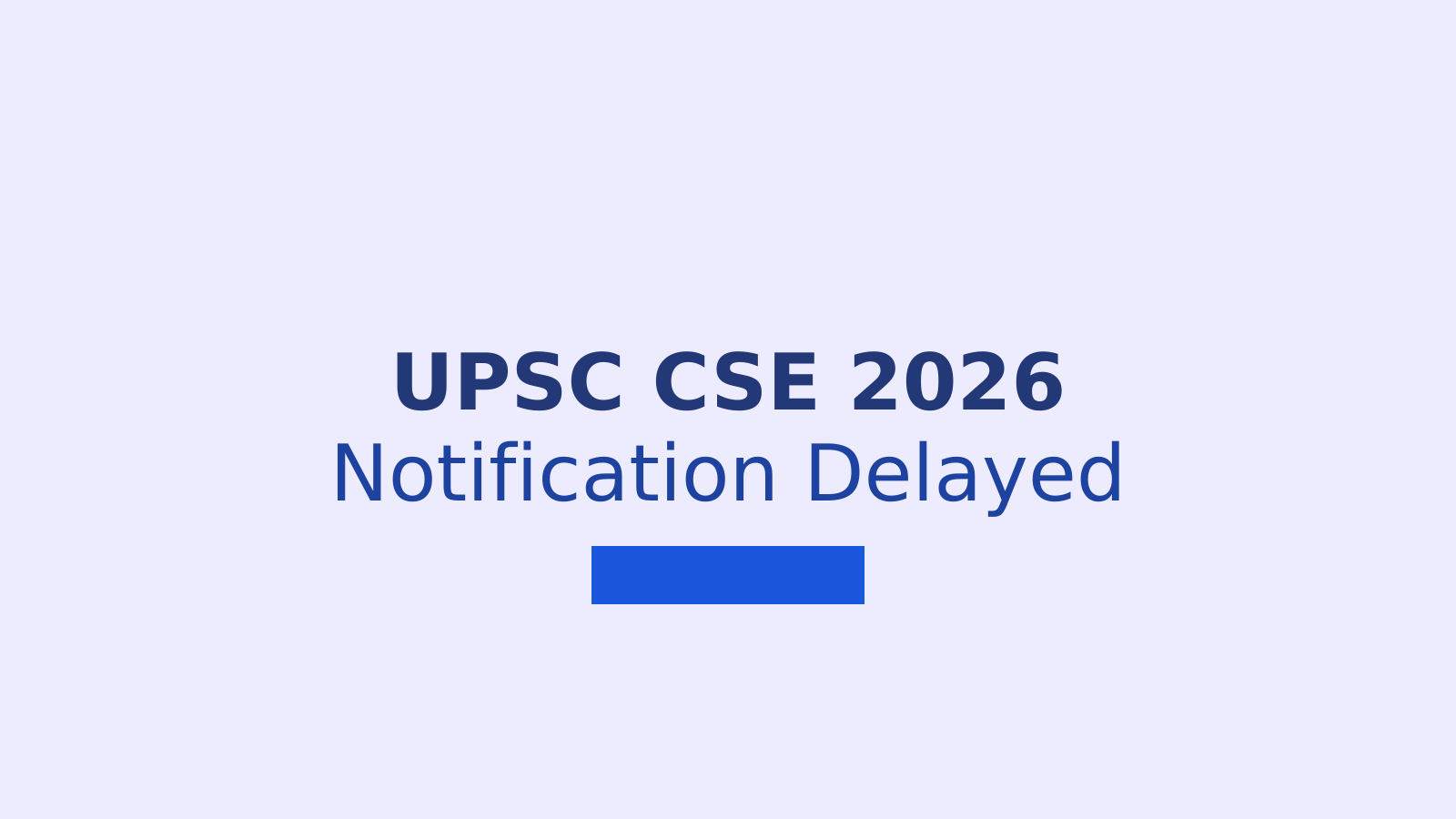THE FIRST ELECTION IN JAMMU & KASHMIR AFTER ARTICLE 370: A NEW DAWN FOR DEMOCRACY
This blog explores the significance of the first election in Jammu & Kashmir following the abrogation of Article 370. It delves into the historical context of Article 370, the transition of Jammu & Kashmir to a Union Territory, and how this election represents a pivotal moment in restoring the democratic process. Key highlights of the election include voter sentiment, political parties involved, and the challenges of organizing elections in a politically sensitive region. The article also discusses the potential impact of the election on regional and national politics and what it means for the future of democracy in Jammu & Kashmir.
Shivani
-1726813356690187.jpg)
The First Election in Jammu & Kashmir After Article 370: A New Dawn for Democracy
Introduction
The first election in Jammu & Kashmir after the abrogation of Article 370 marked a significant milestone in India’s democratic process. This election was not just a political event but a symbol of change, signaling a new beginning for the region as it transitioned from a special status state to a Union Territory.
Background: Article 370 and Its Abrogation
Article 370 of the Indian Constitution granted special autonomy to Jammu & Kashmir. It allowed the state its constitution, a separate flag, and autonomy over internal matters. However, on August 5, 2019, the Indian government revoked this provision, integrating Jammu & Kashmir more closely with the rest of the country. This controversial decision set the stage for the first elections under a new political framework.
Transition to a Union Territory
With the removal of Article 370, Jammu & Kashmir was bifurcated into two Union Territories—Jammu & Kashmir and Ladakh. The transition changed the political dynamics of the region, with the central government having greater control over the administration. The upcoming elections represent the first test of democracy under this new structure.
The First Election: Key Highlights
The election is a landmark in Jammu & Kashmir’s political history, as it is the first after the changes brought by the abrogation of Article 370. It reflects the central government’s promise to restore political processes in the region. This election will lay the foundation for future governance and the political landscape in Jammu & Kashmir.
Political Parties and Key Players
Various national and regional political parties are vying for power in this new political landscape. Key players include the Bharatiya Janata Party (BJP), National Conference (NC), People's Democratic Party (PDP), and the newly formed Jammu & Kashmir Apni Party (JKAP). Each party brings its vision for the region, from development promises to addressing the grievances of the local population.
Voter Sentiment and Key Issues
The elections are crucial for understanding the pulse of the people. Key issues include unemployment, development, security, and the restoration of full statehood. Voters are keenly watching how the political leaders address these concerns and deliver on their promises.
Challenges and Opportunities for Democracy
While the election is a positive step towards normalcy, there are challenges. Security remains a significant concern, and many political leaders have been in detention since the abrogation of Article 370. Despite these hurdles, the elections represent an opportunity for the democratic process to take root and flourish in the region.
Election Under New Conditions
Organizing elections in a region with a complex political and security situation is not easy. Ensuring free and fair elections, with high voter turnout, will be crucial to the election’s success. The government has promised to ensure peace and security during the electoral process.
Impact on Regional and National Politics
The outcome of these elections will not only affect Jammu & Kashmir but also have national implications. The election is a litmus test for the central government's policies in the region and will be closely watched by political observers across the country.
What This Means for Jammu & Kashmir
For the people of Jammu & Kashmir, the election represents a chance to have their voices heard after years of political uncertainty. The election provides an opportunity to bring stability and development to the region. It is also a chance to restore the democratic fabric of Jammu & Kashmir, ensuring that the people's will is reflected in governance.
National Implications
The first election in Jammu & Kashmir after Article 370 will also shape the national discourse on the region’s future. It will test the central government’s strategy, both politically and administratively, in integrating Jammu & Kashmir with the rest of India.
The first election in Jammu & Kashmir after the abrogation of Article 370 is more than just a political event—it’s a momentous occasion that will shape the region's future. With challenges, opportunities, and high stakes, this election marks a new dawn for democracy in Jammu & Kashmir, offering hope for political stability and development.



